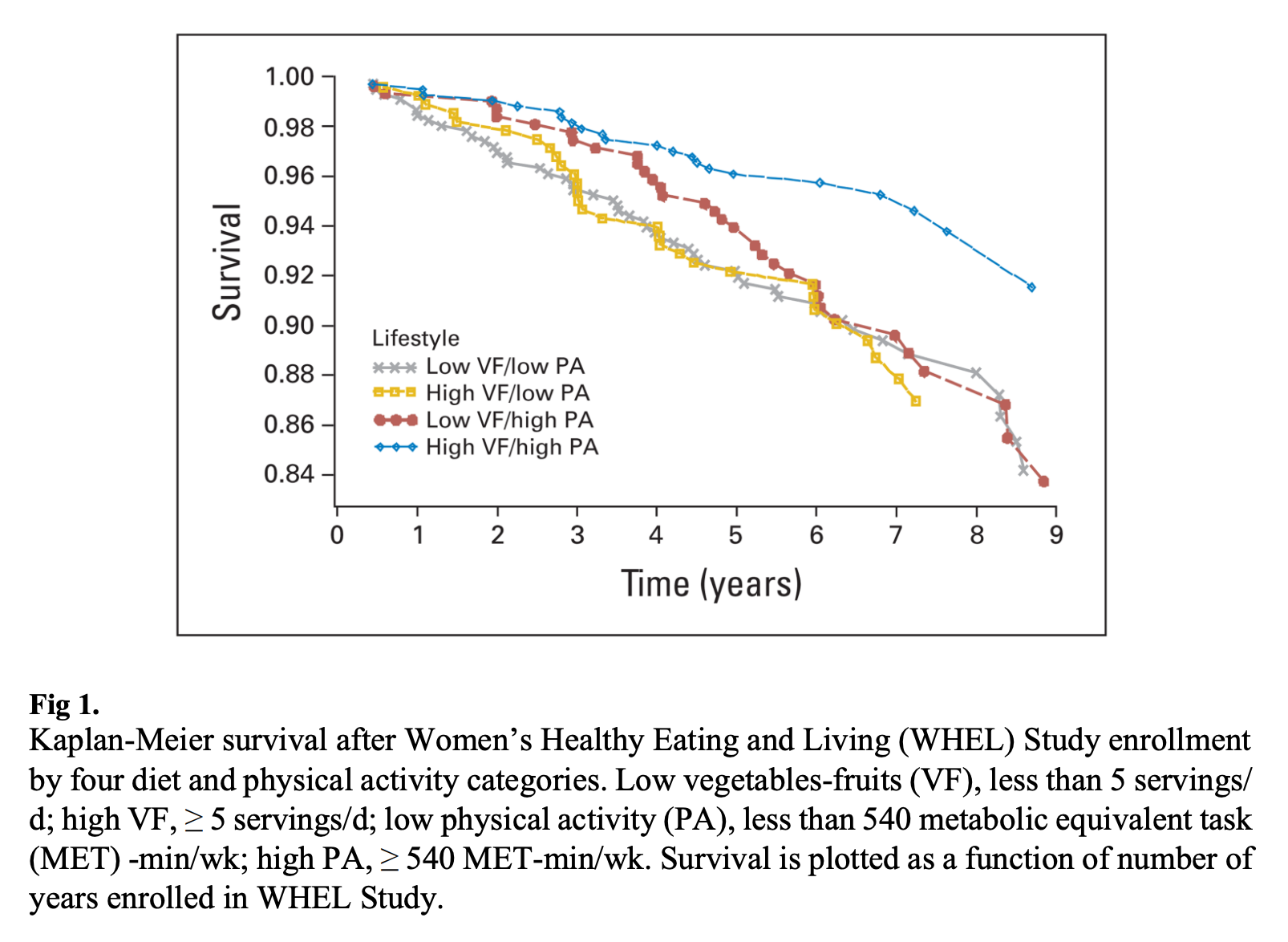Best Cancer Books: Anticancer Living (English Language)
Discover key insights from Anticancer Living by Lorenzo Cohen and Alison Jefferies, a guide to evidence-based lifestyle changes for cancer prevention and improved outcomes. Empower yourself with practical tips on diet, exercise, stress management, and more.

This is the first of a series of posts where I’ll share some of the best cancer-related books I’ve read. Today, I’m focusing on Anticancer Living by Lorenzo Cohen, PhD, and Alison Jefferies, MEd. Written by a married couple—Lorenzo, a cancer researcher and melanoma survivor, and Alison, an educator—it offers both scientific insights and practical advice for cancer prevention and improving the lives of those living with the disease.
What I love about Anticancer Living is that it goes beyond the usual advice of diet and exercise, diving into stress management, sleep, and other evidence-based, integrative approaches. It’s not just about preventing cancer but also about improving the lives of people living with it.
One line that really stuck with me:
"Cancer does not grow in isolation. It develops within an environment we help create."
The book highlights that cancer is no longer necessarily a death sentence. With advances in treatment, many people live with cancer as a chronic disease, and everyday lifestyle choices give us some degree of control.
Cohen and Jefferies also reference other influential thinkers in this space, like David Servan-Schreiber (author of Anticancer) and Stephen Jay Gould, who famously beat the statistics and lived far longer than the median survival period.
It’s also eye-opening to learn that lifestyle changes—like improving nutrition, exercising, and managing stress—are often overlooked in doctors' training.
One study they mention, Andersen et al. (2008), really illustrates the power of lifestyle:

The "Mix of Six" Lifestyle Factors
Cohen and Jefferies organize their recommendations into six key areas that influence cancer outcomes. Here’s a quick rundown:
1. Social Support
- Cancer patients with stronger social support survive longer.
- Treatment and recovery are more successful when a supportive loved one attends appointments and procedures.
- Suggestions: join support groups, use CaringBridge to stay connected, volunteer, or support others in need.
2. Stress Management
- Chronic stress is linked to tumor growth and worse outcomes.
- Practices like mindfulness can boost immune response, reduce inflammation, and even lessen chemotherapy side effects.
- Mental outlook matters—a sense of hopefulness and emotional well-being can make a difference.
3. Sleep
- Poor sleep after a cancer diagnosis can lead to worse outcomes.
- To improve sleep: try tai chi, CBT-I, meditation, or yoga. Focus on light exposure during the day, a calm bedroom environment, and cutting back on caffeine and alcohol.
4. Exercise
- Regular exercise reduces stress, improves sleep, and even lowers cancer mortality.
- Walking is just as effective as more intense forms of exercise when it comes to reducing inflammation.
- Tip: Stand up and move around hourly—break up those long sitting periods!
5. Diet
- Processed red meat is a known carcinogen.
- A plant-based, Mediterranean diet is linked to reduced cancer risk.
- Interesting findings:
- High-GI (sugary) foods increase the risk of lung cancer (study).
- Combining exercise and a good diet improves survival (Pierce et al., 2007).
- Eating soy may increase survival for lung cancer patients (study).

6. Environment
- Environmental toxins matter. Examples include cancer clusters in places like Hinkley, California, and the aftermath of the 9/11 attacks.
- Practical tips: ventilate your home, use HEPA filters, filter your water, and eliminate products with potentially hazardous chemicals.
My Key Takeaways
This book is a powerful reminder that we do have control. While we can’t always change the big picture, the small, consistent actions we take every day—whether it’s walking more, improving our sleep, or eating better—can make a real difference.
It’s a great read if you want to feel empowered in your cancer journey or support someone who is navigating theirs.